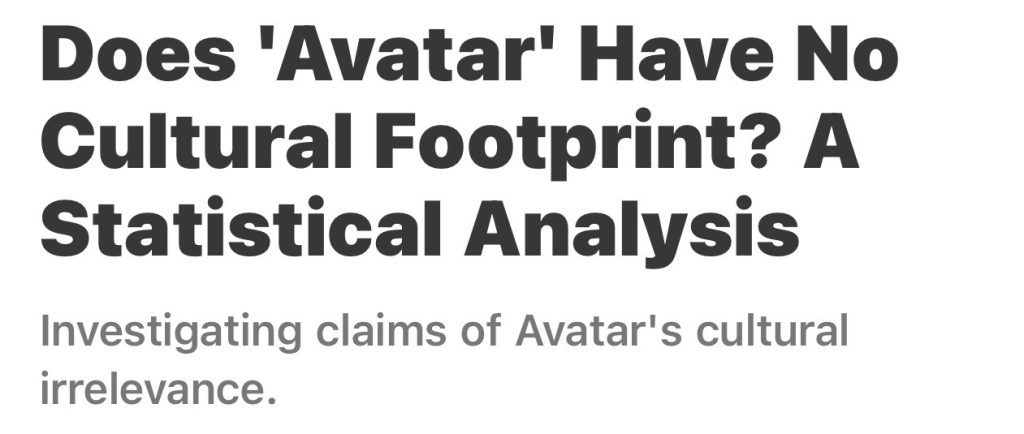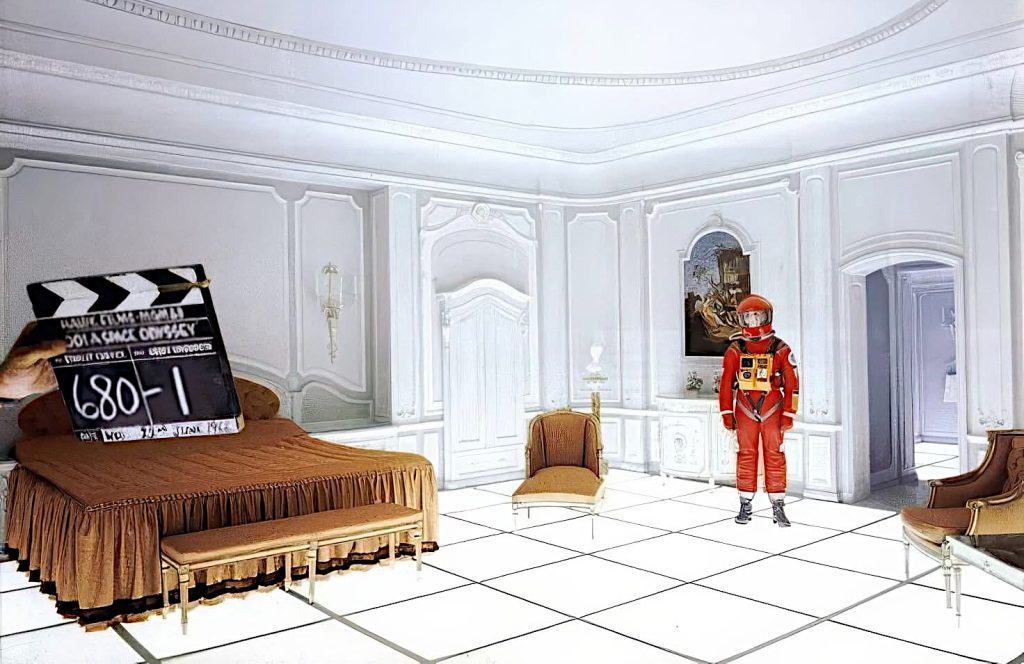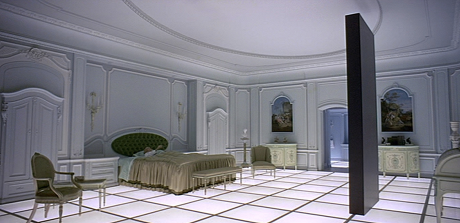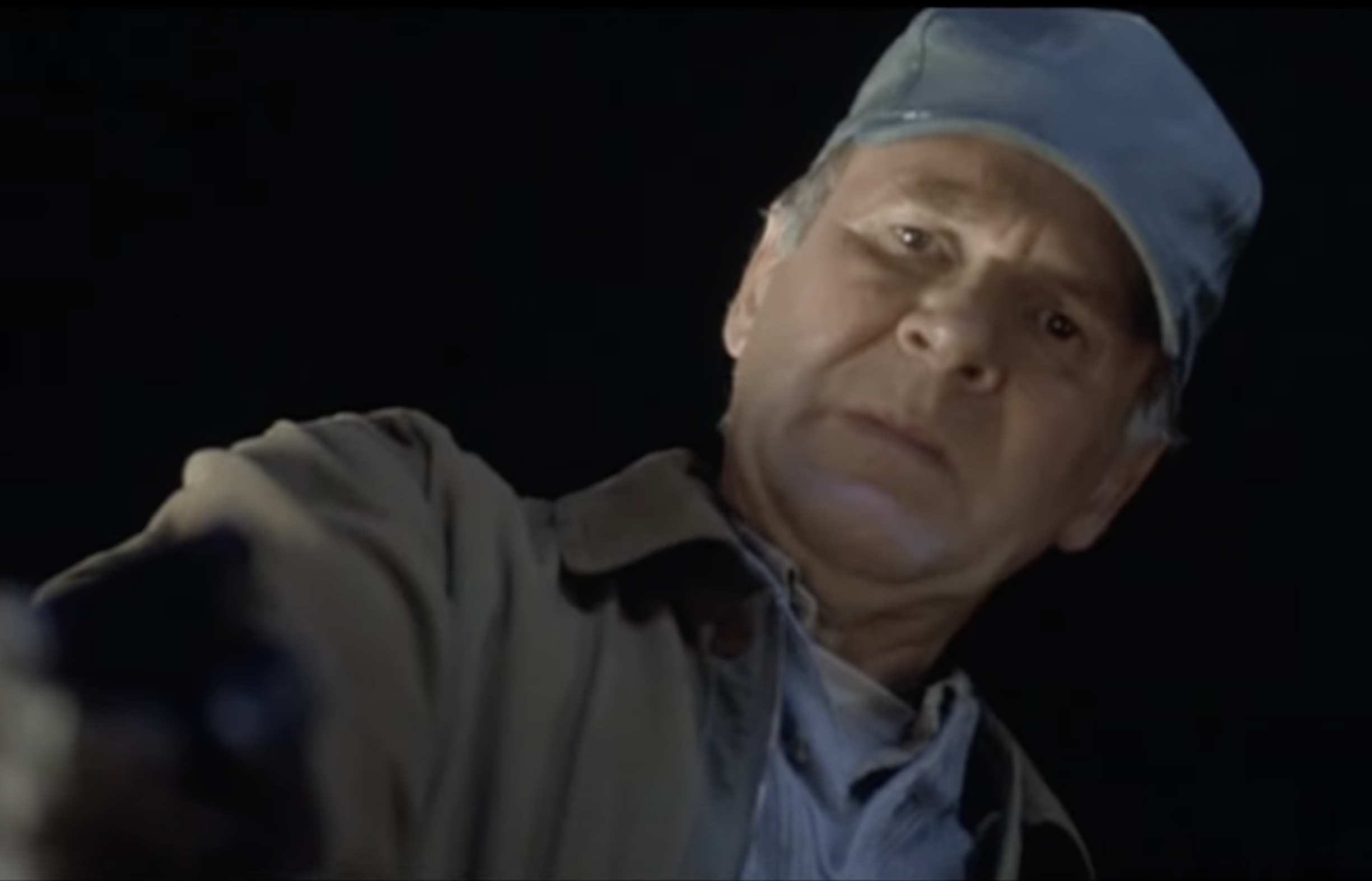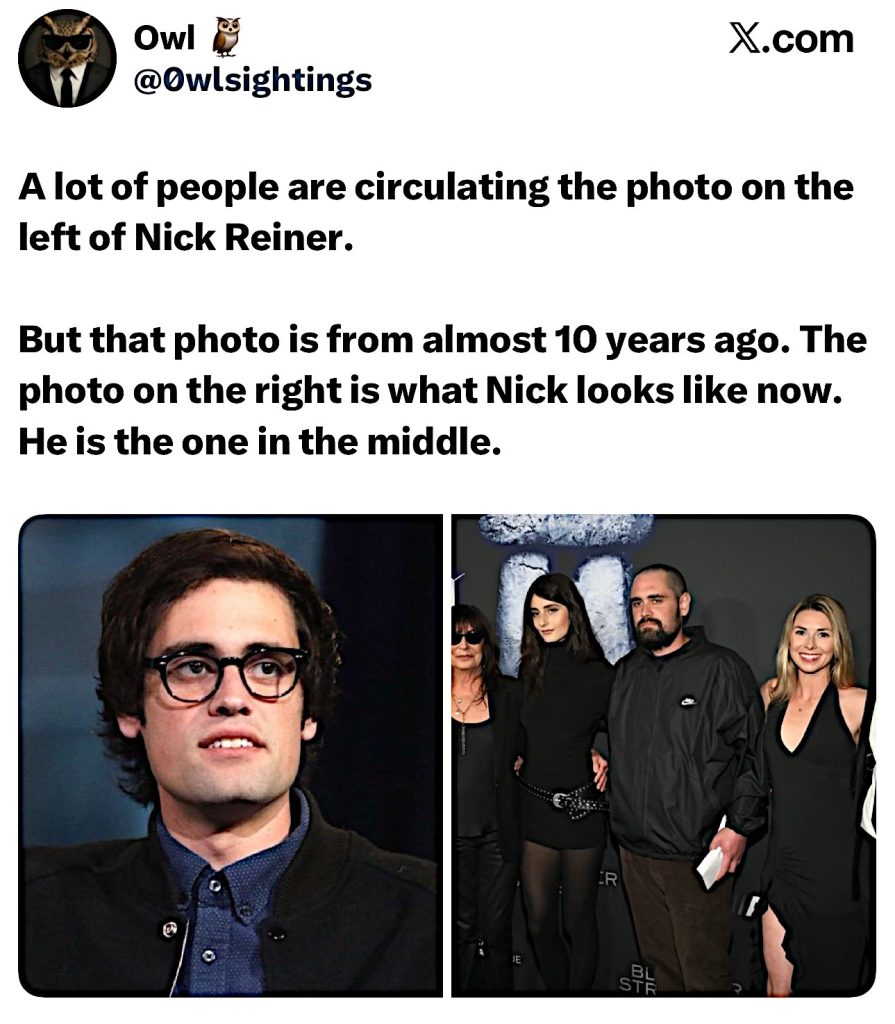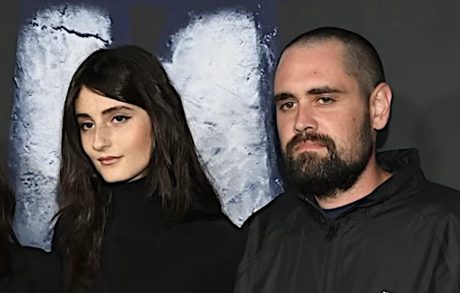HE has yet to endure Michael Showalter‘s Oh. What. Fun. (Amazon/MGM, 12.3). Dynamic casting (Michelle Pfeiffer, Felicity Jones, Chloë Grace Moretz, Denis Leary, Dominic Sessa, Jason Schwartzman, Eva Longoria, Joan Chen) but saddled with 30something ratings on RT, Metacritic.
Set in Texas but shot in Atlanta, the Wiki synopsis suggests a mulchy, boilerplate, home-for-the-holidays, quirky-family-conflict thang.
We all understand that ensemble family dramedies are politically obliged to include at least one gay couple and at least one ethnic character (and preferably two or three), and so the producers have naturally gone there. Moretz, Pfeiffer’s middle daughter, plays the principal gay standard-bearer, but her latest girlfriend (Devery Jacobs) dumps her halfway through. Chen is apparently the senior designated Asian — her family mermbers include two sons (Michael Lee Kimel, Zac Oyama) and a daughter (Elizabeth Lilyan Wood).
For what it’s worth Pfeiffer, born during the second term of Dwight D. Eisenhower, looks pretty good for her age.


